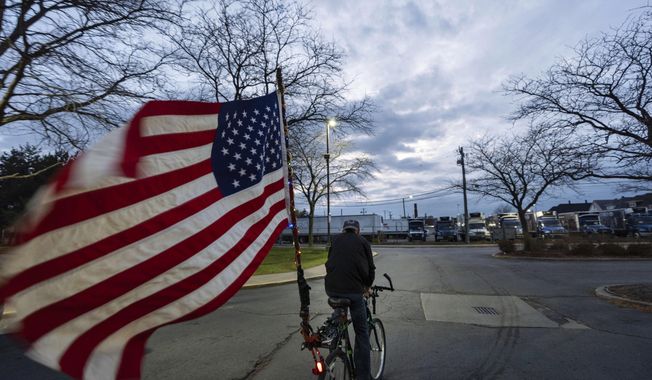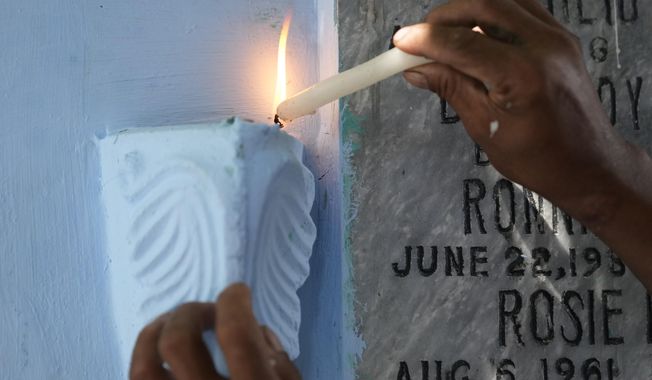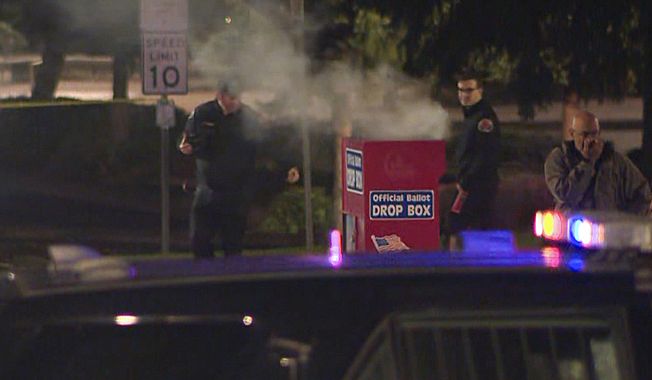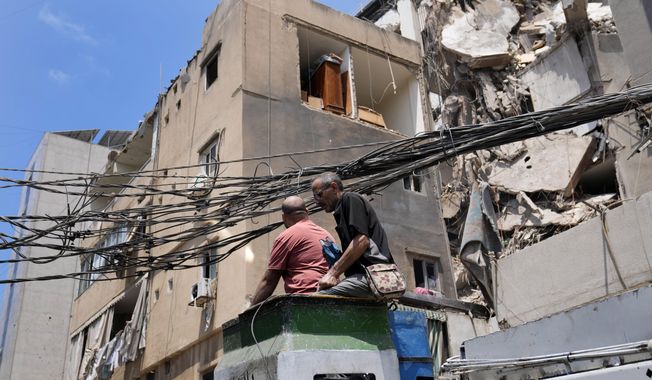
In this June 22, 2017, photo, Dallas police Sgt. Paul Demaagd adds to a discussion with fellow officers during a training session at the Center for Brain Health in Dallas. Only hours after the ambush that killed five Dallas law enforcement officers July 7, 2016, mental health experts began thinking ahead, searching for ways to ease the long-term effects of the attack on the men and women who patrol the nation’s ninth-largest city. A year later, Dallas officers are still grieving, but scores of them have received or are on track to receive specialized training in “mindfulness” and other stress-management techniques that aim to teach police how to better understand and control their emotions, both on and off the job. (AP Photo/Tony Gutierrez)
Featured Photo Galleries














